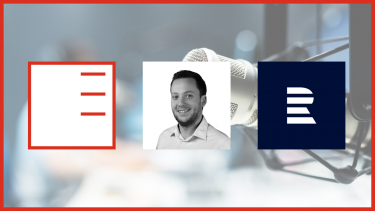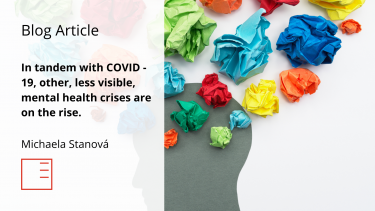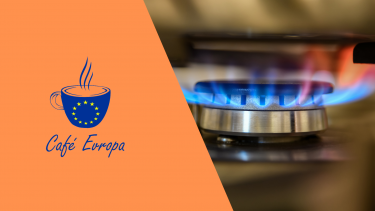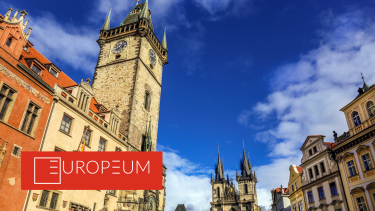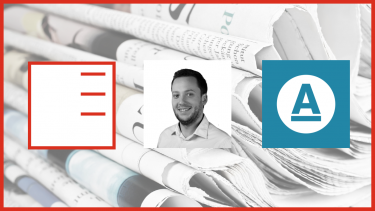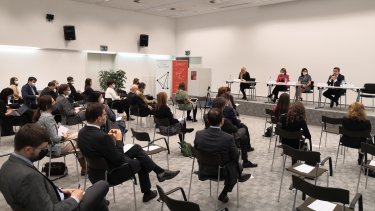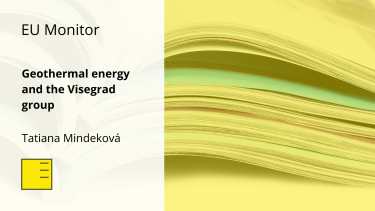ČRo: How are the Slovenian parliamentary elections going?
Our researcher Žiga Faktor was a guest on the Czech Radio afternoon news. The news focuses on the parliamentary elections in Slovenia. It mentions how the main candidates differ and their stance on the war in Ukraine. In this context, it also mentioned what themes resonated among Slovenian citizens the most.
Show more
INVITATION: Asylum and migration policy: Danish and Czech perspectives
On behalf of EUROPEUM Institute for European Policy we would like to cordially invite you to a discussion titled ''Asylum and migration policy: Danish and Czech perspectives''. The event is organized in cooperation with the Embassy of Denmark in Prague. The discussion will take place on Thursday, April 21, 2022 from 16:00 at the European House (Jungmannova 745/24, 110 00) and it will be also live-streamed on our Facebook page.
Show more
Blog: In tandem with COVID - 19, other, less visible, mental health crises are on the rise.
Michaela Stanová has written a blog in which she discusses how the COVID-19 pandemic has affected the mental health of us all. She argues the emergence of COVID-19 has caused not only an increase in, but also an worsening of, pre-existing mental health problems, but fortunately also an interest in addressing them. This is both at the individual level and at the legislative level.
Show more PDFINVITATION: Café Evropa online: The future of European energy - how to ensure stable and clean energy sources without Russia?
We would like to invite you to the Café Evropa debate on 21 March at 17:30 on the topic "The future of European energy - how to ensure stable and clean energy sources without Russia?". The Russian invasion of Ukraine has, among other things, further fuelled the question of energy security in the Czech Republic and the EU and the future of energy in our country. The current security situation points to the need to diversify energy sources as soon as possible, i.e. to secure energy supplies from different regions and countries in order to avoid excessive dependence on Russia. There are also views in the public debate that coal extraction could be temporarily increased, which would enable some countries to cover any shortfalls in resources. Is a complete or even partial halt of Russian gas supplies to the Czech Republic and the European Union a realistic option? What impact would this have on our energy security? How much further increase in energy prices can we expect in this case? How should EU countries react and help households and industry cope with the expected increase? Could a possible temporary increase in coal extraction mean a return to fossil fuels and the end of the EU's climate ambitions? Or could the current problematic situation further accelerate the energy transition?
Show morePolicy Paper: Time to Redefine the Terms and Conditions of the Transatlantic Relationship? – 2021 Transatlantic Policy Forum in Review
On November 18-19, 2021, the fourth edition of the Transatlantic Policy Forum took place. It was hosted by EUROPEUM Institute for European Policy in partnership with the German Marshall Fund of the United States and the International Republican Institute (IRI), supported by the International Visegrad Fund, Friedrich Naumann Foundation, and the Ministry of Foreign Affairs of the Czech Republic. The aim of this Policy Paper is to provide a summary and analysis of the discussions that took place, while respecting the Chatham House rule and thus preserving the anonymity of the participants. This analysis aims to highlight and elaborate on the main findings of the participants.
Show more
Policy Paper: Czech-Russian Escalation as a Case of Deeper EU-Russia Crisis: Time for a United and Credible Action
Pavel Havlíček, an analyst at the AMO Research Centre, has written a policy paper for our Brussels office on the Czech-Russian escalation as a case of a deeper crisis between the EU and Russia. In his article, he also makes recommendations for the European Union. The text was written during a research stay in Brussels, which was facilitated by our Brussels office with the support of the Ministry of Foreign Affairs of the Czech Republic.
Show more PDFThe new year brought a change in the EUROPEUM team
With the end of 2021, Zdeněk Beránek has left the director's chair and will now be working in the team of Markéta Pekarová-Adamová, the President of the Chamber of Deputies. His agenda at the Institute will be taken over by Executive Director Martin Vokálek, Deputy Director Christian Kvorning Lassen and the rest of the team.
Show moreAktuálně.cz: Domino effect in Central Eastern Europe? EU criticises attacks on media in Slovenia
Slovenia is beginning to resemble Hungary in many ways. The European Parliament's attention has been drawn, among other things, to pressure on journalists and independent institutions. Žiga Faktor, head of the Brussels office of the Institute for European Policy, commented on the state of the rule of law in Slovenia for Aktuálně.
Show more
REPORT: 30 Years of Visegrad: Role of the V4 countries in shaping the future of the EU
The Think-Tank Think Visegrad published a report on the anniversary of the Visegrad Four, its future and its role in the EU. The conference took place on November 22, 2021. Speakers discussed, among other things, the perspectives of the Visegrad countries at the conference and what the future of the Visegrad is.
Show more PDFEU MONITOR: Geothermal energy and the Visegrad group
Tatiana Mindeková wrote EU MONITOR about the importance of, often neglected, geothermal energy in the decarbonization process. She explains how geothermal energy works, what its advantages are, and, conversely, what challenges it brings. She also addresses the usage of geothermal energy in the Visegrad countries.
Show more PDF
Staroměstské náměstí 4/1
Prague 1 - Staré Město
110 00
tel.: +420 212 246 552
email: europeum@europeum.org
https://www.europeum.org
